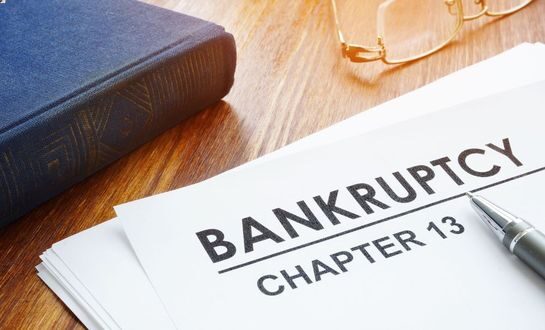
When a debtor files for bankruptcy, the court enters an automatic stay prohibiting creditors from contacting the debtor. If creditors continue contacting the debtor, he or she can seek help from the bankruptcy court or a debt collector defense attorney.
Creditor harassment can be highly stressful. When a person falls behind on bills, debt collectors often repeatedly call and e-mail in an attempt to collect. When the debtor files for bankruptcy protection, the court immediately issues an automatic stay. With few exceptions, an automatic stay bars debt collectors from contacting the debtor or making any additional attempt to collect debts. It does not stop criminal proceedings, certain types of child support actions, certain eviction cases, or collections on debts incurred after the debtor files for bankruptcy protection.
Unfortunately, debt collectors frequently continue to call even after an automatic stay is in place. Some collectors continue to contact the debtor because they are unaware of the stay. Other collectors continue to call even after they know about the automatic stay because hoping the debtor will pay the entire debt before the bankruptcy court settles or discharges it. Although their continued contact with the debtor is unethical and unlawful, they continue because they are betting that most debtors won’t object to the harassment.
If debt collectors are still harassing a debtor after the court has issued an automatic stay, there are steps the debtor can take. A debtor can:
When debt collectors refuse to stop harassing the debtor even after they are aware of the automatic stay, the debtor’s attorney can work with the bankruptcy court to hold the collectors liable. Debt collectors are breaking the law when they refuse to stop contacting the debtor after a stay is in place. To ensure the debt collector ceases its harassment, the court may impose sanctions, including fines, attorney’s fees, and payment for damages.